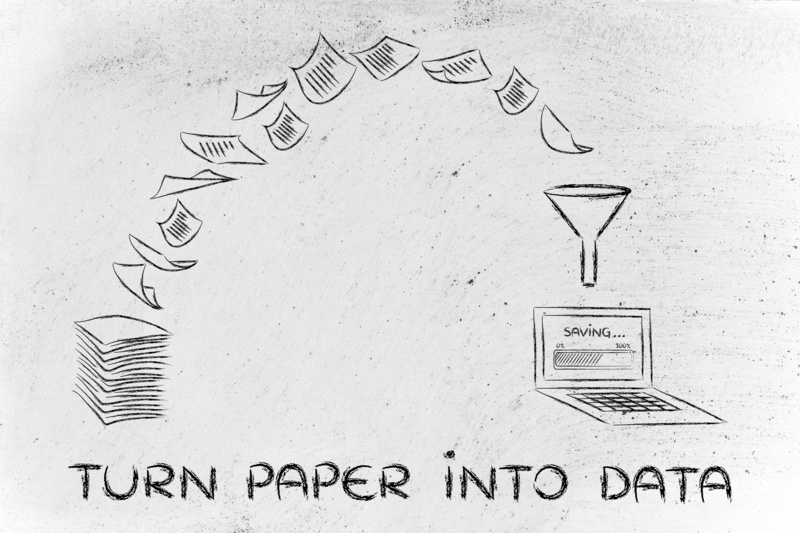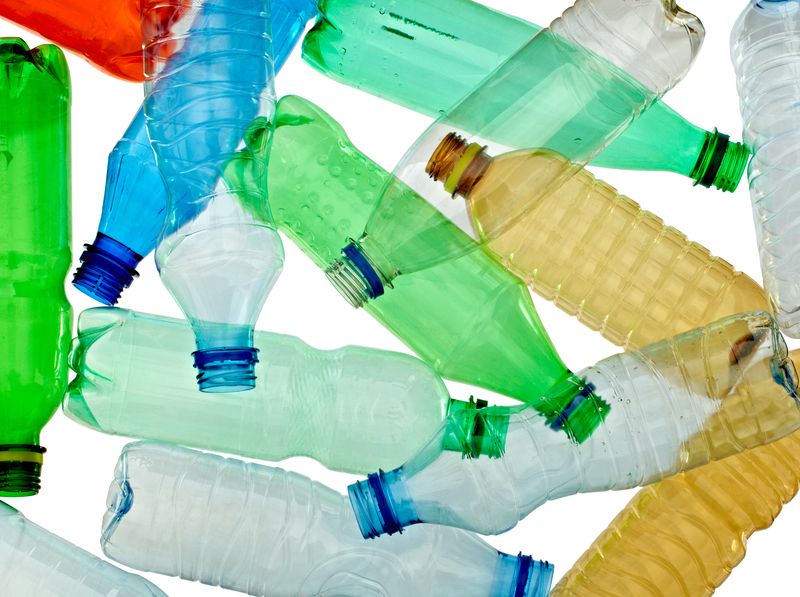What to Do With Worn Out Pots and Pans: A Comprehensive Guide
If your favorite non-stick skillet is scratched, or your old saucepan is burnt beyond recognition, you might be wondering--what should you do with those worn out pots and pans? Tossing them straight into the trash isn't the most eco-friendly solution. This comprehensive article explores eco-conscious, practical, and creative ways to dispose, recycle, and repurpose old cookware, ensuring you make the best decision for your kitchen and the environment.
Understanding When Cookware is Truly Worn Out
Before jumping into disposal or recycling options, it's important to recognize when your pots and pans are truly at the end of their useful life. Here are a few telltale signs:
- Warped bottoms causing uneven cooking.
- Peeling or flaking non-stick surfaces--which can be unsafe if ingested.
- Rust spots that keep returning, even after cleaning.
- Deep cracks or chips in ceramic or enamel cookware.
If your cookware displays any of these symptoms, it's likely time to say goodbye. But disposal isn't the only option when dealing with old pots and pans!

Can Old Pots and Pans Be Recycled?
One of the most common questions is whether old cookware can be recycled. The answer is yes, but with some caveats. Most pots and pans are made from metals like aluminum, stainless steel, or cast iron, all of which are recyclable--but NOT through regular curbside recycling programs.
Why Pots and Pans Often Can't Go in Blue Bins
Municipal recycling facilities often reject cookware because of their size, shape, mixed materials (like plastic handles or non-stick coatings), and because they can damage sorting equipment.
Where and How to Recycle Old Cookware
Here's how you can recycle worn out cookware responsibly:- Scrap Yards: Metal scrapyards will often accept old pots and pans. Remove any plastic, rubber, or wooden parts to make them easier to recycle.
- Specialty Recycling Programs: Some municipalities or private programs handle kitchenware recycling. Check with your local solid waste department for collection events or drop-off locations.
- Brand Take-back Programs: Companies like TerraCycle and select cookware brands offer recycling programs for used pots, pans, and utensils.
Tip: Clean your cookware before recycling. Oil, food, and residue can make processing harder or contaminate batches.
Creative Ways to Repurpose Old Pots and Pans
If landfill and recycling aren't ideal, why not get creative? Repurposing old pots and pans gives them new life and keeps them out of landfills. Here are inspiring ideas:
Turn Pans into Planters
A deep saute pan, cast iron skillet, or kettle can make a charming plant pot for herbs, succulents, or flowers. Drill some drainage holes in the bottom, add soil, and you're set for a unique garden piece!
Use as Pet Feeding Bowls
Metal baking dishes, saucepans, or shallow pans work well as durable pet bowls for food or water, especially for outdoor use.
Organizers for the Home or Workshop
- Use old pots to hold gardening tools or craft supplies.
- Turn a skillet into a catch-all tray for keys or mail in your entryway.
- Hang pans as rustic wall organizers in your garage or work station.
Unique Wall Decor and Art
Old frying pans and lids can become creative wall hangings, clocks, or even quirky frames for photos and art.
Birdbaths and Feeders
An old enameled pot makes a beautiful birdbath or feeder. Hang it from a tree or nestle it among your garden plants.
Yard and Garden Innovations
- Use broken enamelware as garden edging or for growing small plants.
- Large iron pots can be fire pits or holders for outdoor candles.
Donating Usable Cookware
If the cookware is just a little scratched or outdated, but still functional, consider donating your old pots and pans instead of trashing them.
- Thrift Stores: Many second-hand stores accept gently used kitchenware.
- Charity Kitchens: Soup kitchens, shelters, or community centers may be happy to receive serviceable pots and pans.
- Online Marketplaces: Give away your cookware for free through platforms like Facebook Marketplace, Craigslist, or Freecycle.
*Remember: Always check that your donations meet the safety and quality standards of the organization.
How to Dispose of Unusable Non-stick Cookware
Non-stick pan coatings can present extra challenges. Over time, Teflon and similar coatings may flake off or degrade, which is bad for both health and the environment. If your non-stick cookware is beyond repair:
- Do not recycle non-stick pans with regular metals due to the coating.
- Check for manufacturer recycling: Some brands accept them for proper disposal.
- If no options exist, wrap and dispose of them in regular trash--but only as a last resort.
Repair and Refurbish: Extending the Life of Your Pots and Pans
Before giving up on worn pots and pans, see if you can fix or refurbish them!
- Cast Iron: Most 'damaged' cast iron can be restored with scrubbing and re-seasoning.
- Copper Cookware: Can be re-tinned or polished to restore the cooking surface.
- Stainless Steel: Often revives with stainless polish and a good scrub.
- Loose Handles: Tighten screws or replace the handle if possible.
Repairing not only saves you money, but it's the greenest option too!
Tips for Reducing Cookware Waste in the Future
Learning what to do with old cookware is just the first step. Here's how you can make smarter, more sustainable choices going forward:
- Choose Durable Materials: Invest in stainless steel, cast iron, and thick aluminum pans--they last decades if cared for.
- Avoid Cheap Non-stick: Lower quality coatings wear out fast. Choose reputable brands or stick to ceramic and stainless for longevity.
- Lined Cookware: Choose lined copper or enameled products, which can be repaired more easily.
- Proper Use & Maintenance: Follow care instructions, avoid overheating non-stick, hand-wash where possible, and use the right utensils.
- Buy Only What You Need: Resist crowded, mismatched pots. Buy versatile, multi-use pieces.

Frequently Asked Questions: What to Do With Outdated Pots and Pans
Can you put pots and pans in the recycling bin?
Most municipal recycling programs don't accept cookware in curbside bins, but you can take metal pans to a local scrap yard or recycling center. Remove non-metal parts for the best results.
How do I know when to throw away a pan?
Signs include warped, cracked, or deeply scratched surfaces, especially with non-stick pans losing their coating or rust-prone pieces that are hard to clean.
Are there donation options for old kitchenware?
Definitely! Many charities and thrift stores accept gently used cookware. Double-check with the organization beforehand about their guidelines.
Is it safe to use a pan with a damaged non-stick surface?
No. Flaking or scratched non-stick coatings can end up in your food and may pose health risks. If you notice damage, it's time to replace or recycle.
Can old pots and pans be upcycled?
Absolutely! With creativity, they can become decor, planters, birdbaths, organizers, or more.
Conclusion: Make the Most of Your Worn Out Cookware
Don't let old pots and pans pile up in landfills!Whether you choose to recycle, donate, repair, or get crafty, there are environmentally friendly and inventive options to deal with worn out cookware. By making thoughtful choices you:
- Reduce your environmental footprint.
- Support your local community with donations.
- Add creative, unique elements to your home and garden.
- Save money and resources by extending cookware life.
We hope this guide has inspired you to handle outdated or broken pots and pans in a responsible, imaginative way. Next time you're ready to retire some kitchenware, look beyond the trash can and choose an option that benefits both your home and our planet.
What's your favorite way to repurpose or recycle old cookware? Share your ideas and help others find innovative solutions for their worn out pots and pans!